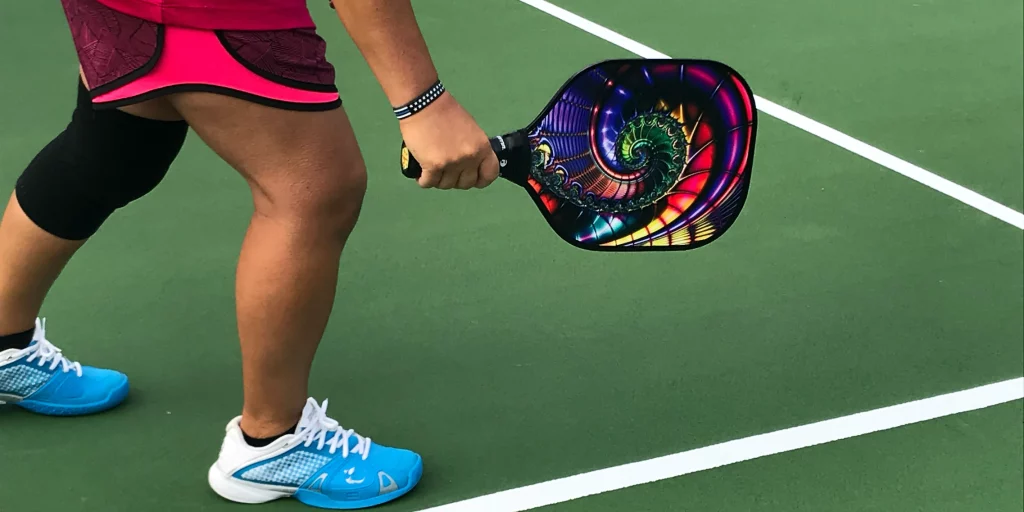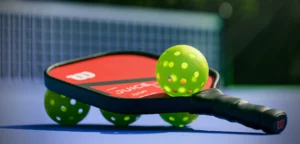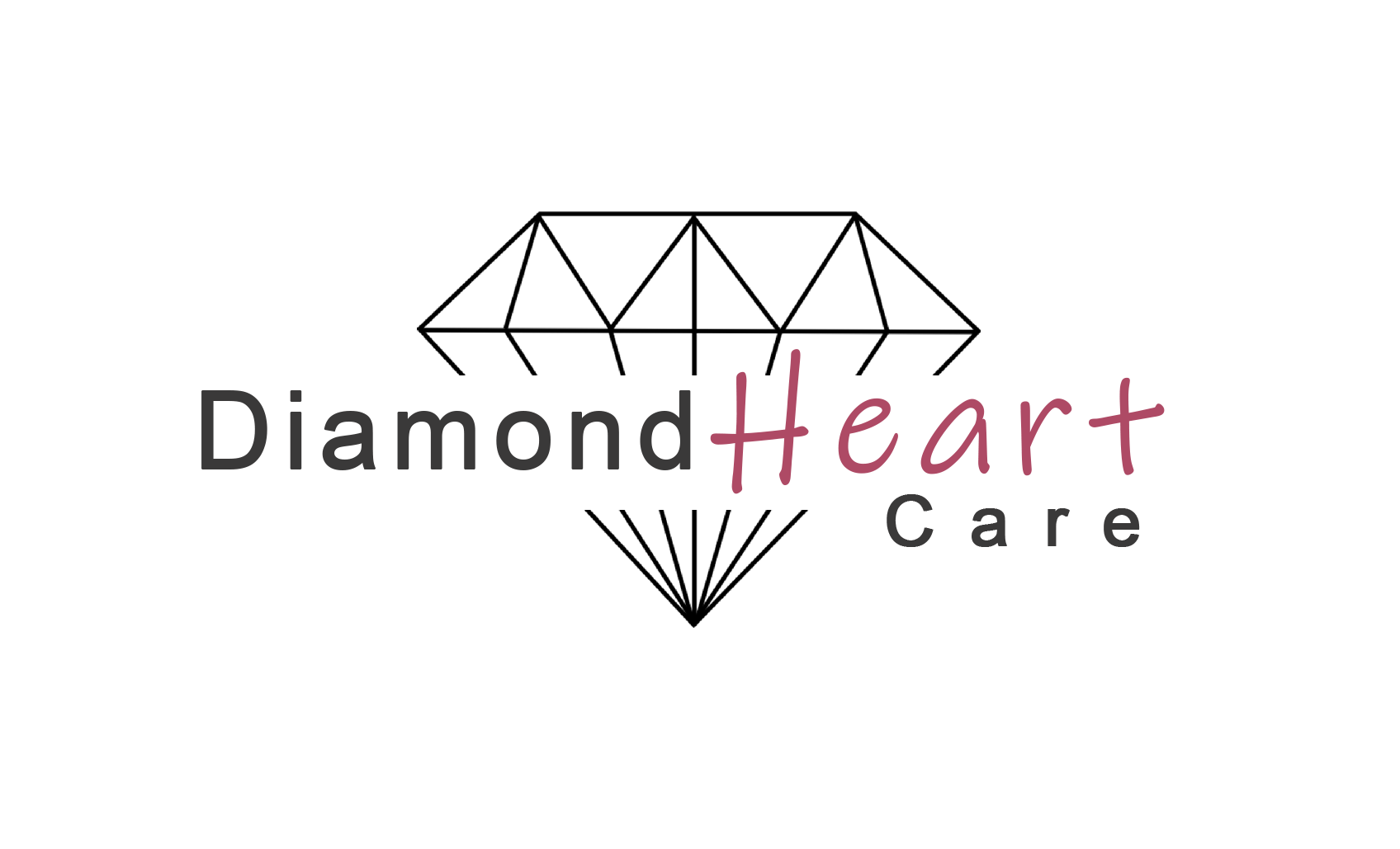The Wonders of PickleBall-A Cardiologist’s Perspective

Pickleball is fast becoming one of the most popular adult sports in the United States. Its similar cousin (Paddleball) is also a rising sport in Europe. Three fathers originally developed the game in Washington while creating fun activities for their families over a summer weekend. They improvised using a badminton court, an old net, a plastic ball, and some ping-pong paddles. One of the family members named it after “pickle boats” in Rowing, which placed extra rowers from different teams into additional boats. The name was a way of honoring this tradition. The game rapidly grew in popularity and has now evolved into an international sport that draws thousands of fans to its annual tournament in Naples, Florida. There has been a 40% increase in participation in the last few years, with over 4 million current players in the United States. The smaller court size and the easy learning curve have led to extensive engagement by the older adult population.
The sport interlaces aerobic exercise, foot skills, hand-eye coordination, strategy, and teamwork. As a practicing cardiologist focused on prevention as a primary tool for disease reduction, I believe these qualities significantly benefit longevity beyond enhanced cardiovascular and musculoskeletal benefits. I will try to explain this reasoning. Additionally, there is evidence that these proficiencies may offer significant advantages in delaying cognitive decline, a rising contributor to death among the aging population.
We all want to live a long, happy, and healthy life. Happiness must be an integral component of that journey. I want to provide the guidance that will allow my patients to achieve optimum health on their sojourn. I suggest nine lifestyle adjustments that enhance long-term health and happiness. Regular exercise, optimum sleep, and stress reduction are all essential ingredients for success. A healthy whole-food diet with reasonable amounts of vegetables and fruits while avoiding processed components is vital. Being married, having a dog, and regular church attendance also enhance longevity and happiness. Finally, socialization and having a purpose in life complete my list of benefits that improve the chances for long-term health and joy.
Please notice that there are no medicines on the list. No tonics magically offer the assured promise of happy and healthy aging. We can achieve these lifestyle practices without a prescription or doctor visit. They require only a small amount of capital, self-discipline, and commitment. The return on investment is dramatic.
Pickleball offers four lifestyle options for healthy happiness: regular exercise, stress reduction, socialization, and purposeful life. (You qualify for two more if you bring your dog and spouse to the Pickleball court!) Let me offer my insights regarding each of these benefits.
In terms of value, exercise offers the most significant enhancement to health and longevity. Based on direct measurements of participants, the overall metabolic demands of Pickleball provide an excellent foundation for exercise requirements. The magnitude of energy output depends on its participants’ intensity of play. A study that measured Pickleball’s short- and long-term cardiovascular effects revealed that the average Mets (a measure of energy expenditure) utilized per hour of Pickleball is comparable to tennis or light jogging. In addition, the ability to enhance oxygen extraction as a level of cardiovascular fitness (called VO2 max) also appears to improve with regular play. Finally, the physical demands of regular pickleball participation produce significant improvements in known metabolic abnormalities associated with diseases such as hypertension, diabetes, lipid disorders, and emotional stress.
I always encourage my patients to participate in regular aerobic exercise. The overall benefits of prolonging life can be rather dramatic. Longevity is enhanced when moderate physical activity is integral to our lifestyle. Death from all causes (specifically heart-related events) is significantly reduced with increased duration and intensity of exercise. A pickleball player can expect to utilize an average of 4 Mets of energy for each hour of participation. 6-7 Mets of energy utilization can be achieved with more intense activity. A very active player can expend up to 14 Mets of energy during a two-hour session. A player with at least 20 Mets of weekly training can anticipate a 20-25% reduction in overall mortality compared to their inactive counterparts. This single factor translates into 4-5 years of additional life for its participants. All-cause mortality (cancer-related deaths, lung disease, unintended injuries) is also significantly reduced. These are vital statistics to understand because they offer the opportunity to extend our health span significantly while participating in a fun activity.
What about foot skills? Is this an essential factor in the aging process? Our sense of balance declines as we age. As a result, fall risk increases and can lead to a reduction in survival. 30% of individuals over age 65 will fall each year, some of whom will fail multiple times. Balance impairment and loss of muscle strength are significant risks for falls. Recurrent falls predict a higher likelihood of fracture, especially hip fracture. Older individuals who suffer a hip fracture can face a 30% risk of death at 12 months. This statistic is very sobering and should serve as a motivation for all of us. I cannot overstate the importance of prevention as a critical factor for healthy aging. We usually do not consider the impact of falling on our overall health, but I must assure you that it is a frequent cause of hospitalization. A severe fall can have a dramatic effect on the trajectory of our health and longevity.
Proprioception is a balance component and best describes the awareness of our body in movement. Occasionally described as our sixth sense, it provides our brain with its position in space. Proprioception incorporates multiple receptors in our joints, muscles, and tendons, providing constant feedback to our brains. This vast network operates in concert with our vision and vestibular system in the lower brain to complete the elements of balance that keep us upright. These three factors also help to synchronize our movements. The inevitable aging of these balance tools leads to increased fall risk and a slowing of movement. Exercise appears to slow this process by increasing grey matter in the brain. An increase in Dopamine brain levels and Dopamine receptors also develops. Activities like racquet sports, yoga, and tai chi enhance proprioceptive performance. Jumping, rotation, forward, lateral, and backward movement improve our capacity to coordinate our movement in space. These multiple movements also strengthen various muscle groups (quadriceps, gluteus, shoulder girdle, and core musculature) critical for maintaining balance. Pickleball thus promotes enhanced strength and improved balance that reduces fall risk. This sport also enhances hand-eye coordination, spatial awareness, and peripheral vision. These benefits allow us to navigate better the environmental hazards we face daily.
Teamwork and socialization are integral components of Pickleball. If there is doubt, observe the interaction at your local Pickleball facility for an hour. It is usually a bustle of activity interlaced with the popping sound of ball contact and a cacophony of voices. The value of sports with “family and friends” has been extensively studied and appears to enhance longevity and maintain activities of daily living (ADL) in older adults. Men seem to benefit significantly from this interaction because exercise and sports are their primary mechanisms to maintain ADL as they age. Research suggests that older adults who engage in exercise and sports with others are more likely to remain physically active than those who exercise alone. Women are more likely to gain physical and emotional benefits from group activities. They tend to be more skilled at participating in group hobbies and advanced learning than their male counterparts. Additionally, playing Pickleball, which combines socializing and physical activity, may be particularly beneficial for older adults at risk of cognitive decline.
Cortisol is a hormone released by the adrenal gland in response to stress. It regulates many physiologic processes in our bodies, including blood sugar levels, immune function, and inflammation. Chronic emotional stress can lead to harmful long-term effects related to elevated cortisol levels. Studies have shown that regular exercise can help to reduce cortisol levels and help to manage some of these adverse effects. Regular exercise can also help to reduce cortisol in acute stress situations and chronic fatigue syndrome.
We can reduce stress through regular exercise, good sleep habits, and socialization. We live in a disquieting world with many negative factors impairing our happiness and joy. Pickleball provides a valuable antidote by offering an exercise-induced reduction in harmful stress hormones while improving sleep habits. The sport also provides ongoing fraternity with other players. In addition, a decrease in isolation leads to a reduction in depression. The benefit of sunlight and outdoor activity also lessens the impact of a stressful life. Psychological studies confirm the usefulness of outdoor activities in stress and anxiety relief. There is also a clear hormonal link to sunlight. Melatonin production is essential for good sleep habits. The production of this anti-inflammatory hormone occurs in the presence of early morning sunlight exposure. Higher levels lead to better sleep and reduced inflammation.
Serotonin is the precursor of melatonin and provokes mood elevation, happiness, and enhanced sexual desire. Sunlight and exercise facilitate the production of this “happy hormone” and reduce the stress that may accompany low serotonin levels. Vitamin D3 is one of the essential vitamins. Low levels are associated with signs of mental illness, including depression and anxiety. Sunlight is a primary source of Vitamin D3 production in the body, and it serves to improve bone density and cognition. Playing Pickleball outdoors in the morning sunlight benefits mood and overall well-being beyond its exercise and socialization advantages. This information should be a motivating factor for individuals who suffer from seasonal affective disorder (SAD). This syndrome occurs more often during short winter daylight and lack of outdoor sun exposure. These factors may also provide a hormonal basis for the great migration of “snowbirds” to warm, sunny weather in the winter.

As with any sport, taking precautions when participating in Pickleball is essential. The frequency of emergency room visits related to Pickleball injuries has increased dramatically. Although most of these injuries are minor strains and sprains, fractures now occur with increasing frequency. Wrist, ankle, and hip fractures can occur, and women have a three-fold increased risk for this injury. Eye injuries are also possible, and protective eyewear is very beneficial in reducing these injuries. Stretching and good warm-up drills can mitigate many of the minor injuries that tend to occur.
Let me summarize the important messages related to Pickleball and its overall health benefits:
- Regular Pickleball play for several hours each week offers a unique capacity to lower cardiovascular mortality by as much as 25%.
- Participation in Pickleball allows one to improve muscle strength and mass in vital muscle groups at an age where strength loss predicts enhanced mortality.
- Participation in Pickleball enhances the proprioceptive receptors in our skeletal system and reduces the risk of falls and loss of mobility.
- Enhanced foot skills and hand-eye coordination also facilitate improved mobility and prolong the ability to live independently and remain physically active late in life.
- Socialization is integral to cognitive health and provides multiple long-term mental and physical advantages.
- Racquetball sports offer a unique advantage in measures of longevity compared to other activities.
- Outdoor Pickleball in sunlight offers many hormonal advantages that alleviate the risk of ongoing stress and depression.
Pickleball is rapidly becoming an elixir that offers multiple therapeutic effects to those who choose to partake in its benefits. I would like to believe that it is just one of the many gifts that God provides as a way of joining us together for health and love. It provides the joy that keeps us motivated and offers a unique opportunity to combine fun and exercise into one enjoyable package. A Pickleball day is a beautiful way to keep the doctor at bay. So go now, pick up your paddles, and catch some rays!
“A day without Pickleball wouldn’t kill me. But why risk it?”
Anonymous
(This article was initially published in Pickleball Magazine)
